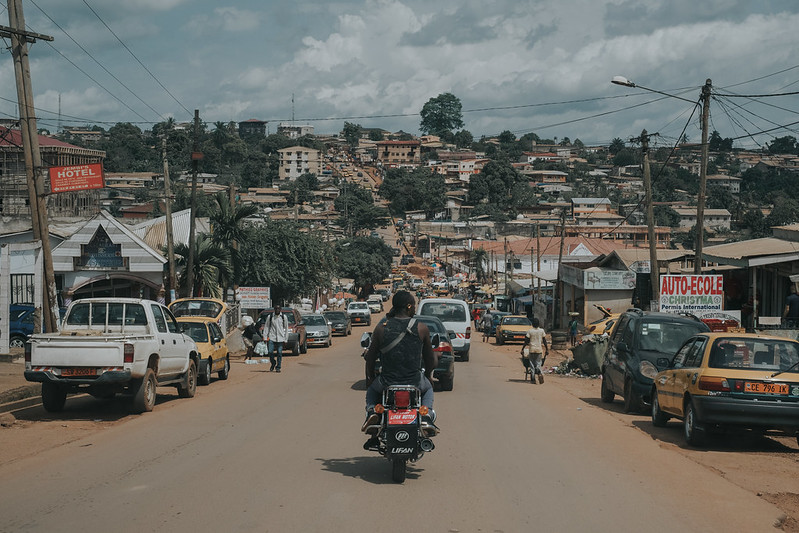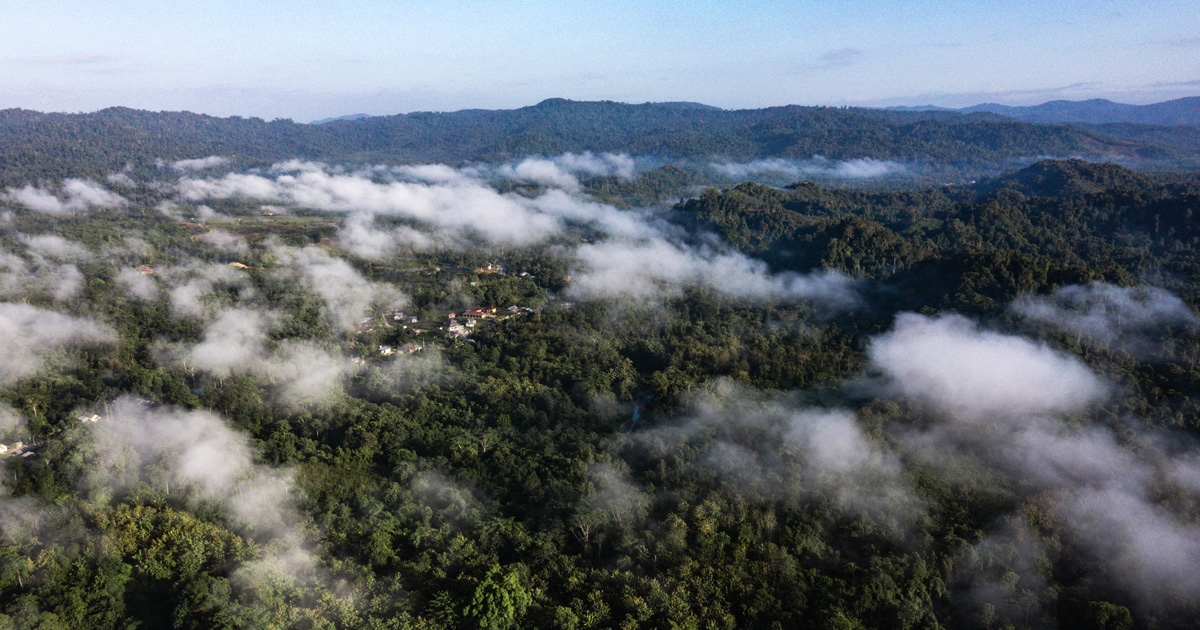
Worldwide, the participation of communities in the fight against climate change, through tree planting and forest restoration, has assumed significance with the creation of REDD, Reducing Emissions from Destruction and Degradation, an international effort expected to become a major instrument to reduce emissions.
According to the Intergovernmental Panel on Climate Change, or IPCC, deforestation and subsequent land-use change occurring in tropical developing countries contributed up to 25% of global greenhouse gas emissions in the 1990s.
Professor Amougou Joseph Armathé, the director general of Cameroon’s National Climate Change Observatory, says enhancing forest carbon stocks through tree planting in developing countries significantly contributes to the fight against climate change.
“The focus in the fight against climate change has now shifted to national and local levels with universities playing a significant role,” Armathé says.
University researchers, in particular, are multiplying efforts to address the growing climate change challenges.
According to the Center for International Forestry Research (CIFOR), researchers are contributing to both adaptation and mitigation programmes, climate policy formulation and dialogue that are helping communities to strengthen their livelihoods in the face of climate change.
To overcome climate challenges, researchers recommend deeper participation of local communities as well as multi-institutional and multidisciplinary teams.
They also recommend that adaptation and mitigation strategies and activities consider the dual goals of reducing climate change vulnerability and greenhouse gas emissions, the CIFOR report says.
But, while scientists and activists are figuring out the way forward for communities, ordinary people like students Mekin Anatole and Sylvia Endong will increasingly feel the impact of climate change in their daily lives.


















